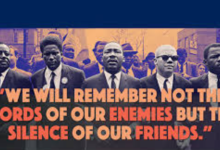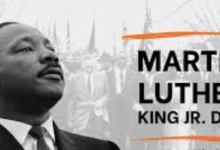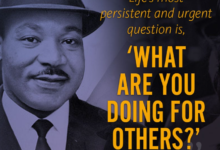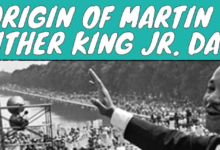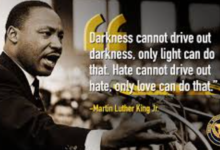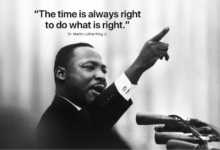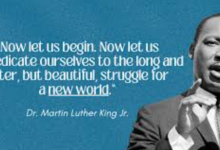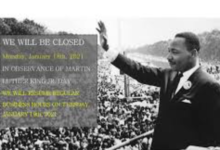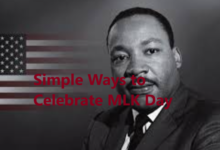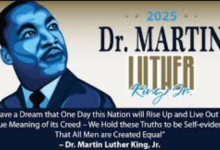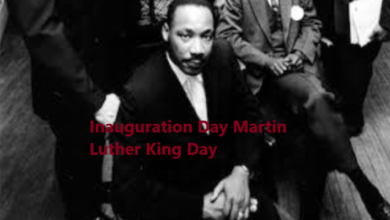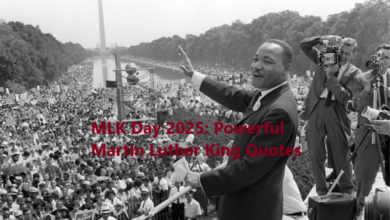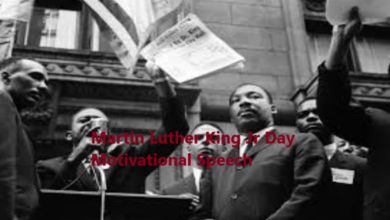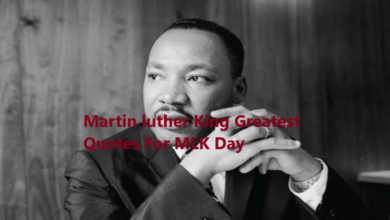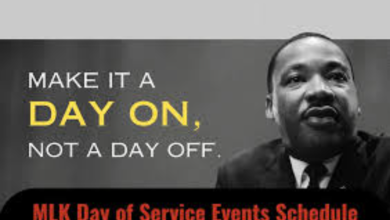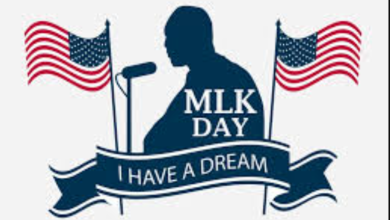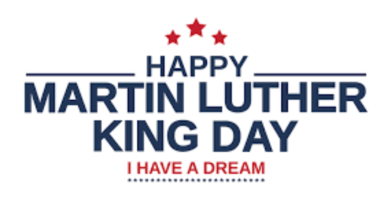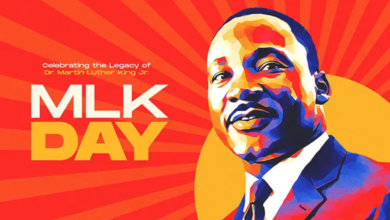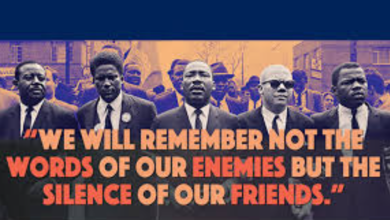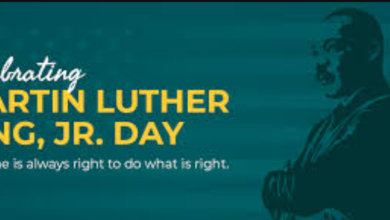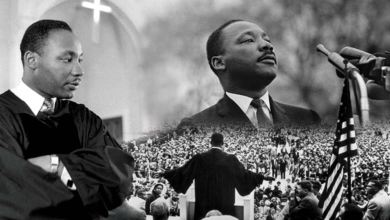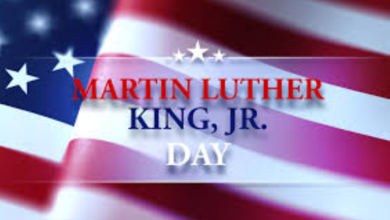Mlk Day Icons 2025
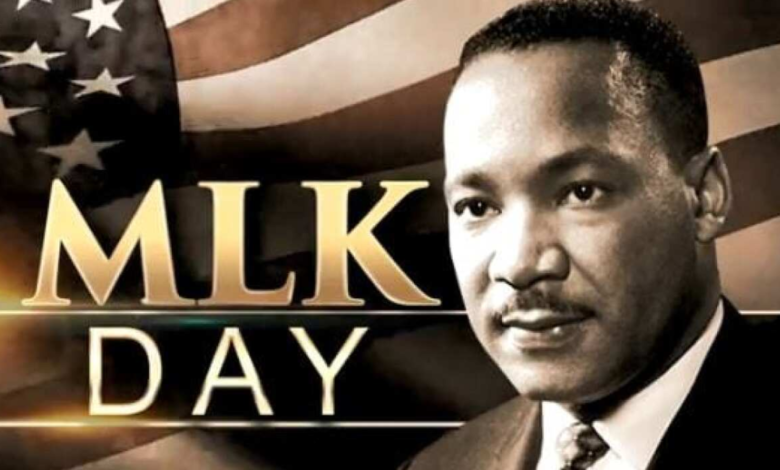
Martin Luther King Jr. Day is more than just a national holiday—it’s a time to reflect on the enduring fight for civil rights and commemorate the lives of those who shaped the struggle for equality. Dr. Martin Luther King Jr. is, of course, the towering figure we honor on this day. But the civil rights movement was powered by the collective efforts of countless individuals who fought alongside him, often sacrificing their safety—and sometimes their lives—in the name of justice.
This MLK Day 2025, let’s take a closer look at the powerful legacy of key figures from the civil rights movement and how their work continues to inspire new generations.
Understanding Martin Luther King Jr.’s Impact
When we think of MLK Day, the image of Dr. Martin Luther King Jr.’s monumental “I Have a Dream” speech at the 1963 March on Washington often comes to mind. His efforts to dismantle segregation, fight systemic racism, and advocate for nonviolent resistance remain central to the movement’s narrative.
Dr. King’s leadership—particularly his campaigns in Montgomery, Birmingham, and Selma—forced a nation to confront its own inequities. From the Montgomery Bus Boycott to the passage of the historic Civil Rights Act of 1964, his work forever changed America.
However, Dr. King did not stand alone. The success of the civil rights movement was built by a coalition of leaders, advocates, and everyday individuals who contributed their courage and vision to the fight for justice.
Icons of the Civil Rights Movement
While Dr. King was a pivotal leader, his message was amplified—and accomplished—by the collective power of others. This MLK Day, we pay tribute to some of the movement’s key figures and their invaluable contributions.
Rosa Parks: The Mother of the Civil Rights Movement
Rosa Parks is often remembered for her quiet defiance on a Montgomery bus in 1955, which sparked the Montgomery Bus Boycott and propelled the civil rights movement into the national spotlight. Her courage in refusing to give up her seat ignited a movement that would inspire millions to resist oppression through peaceful protest.
More than a symbol, Parks worked tirelessly as a long-time activist alongside Dr. King and other leaders to dismantle systemic racism.
John Lewis: The Conscience of Congress
Before becoming a revered congressman, John Lewis was a young activist and one of the “Big Six” leaders organizing the March on Washington. His pivotal role in the fight for voting rights culminated in his leadership during the Selma to Montgomery marches, where he and others were brutally attacked on “Bloody Sunday” in 1965.
Lewis’s mantra, “Good trouble,” symbolizes the kind of necessary—and often painful—disruption required to create meaningful change.
Coretta Scott King: The Voice That Carried the Dream
Often referred to as the First Lady of the civil rights movement, Coretta Scott King was far more than Martin Luther King Jr.’s wife. She was a powerful advocate for peace, women’s rights, and LGBTQ+ equality. Following Dr. King’s assassination, Coretta Scott King continued to fight for justice, laying the groundwork for MLK Day to become a federal holiday.
Her relentless dedication ensured that her husband’s legacy extended far beyond his lifetime.
Bayard Rustin: The Strategist Behind the Scenes
While not a household name, Bayard Rustin was instrumental in shaping the civil rights movement. A master strategist and organizer, Rustin played a key role in orchestrating the 1963 March on Washington.
A close advisor to Dr. King, Rustin introduced him to many of the philosophies of nonviolence. Rustin’s identity as an openly gay man presented unique challenges during his time, but he remained a vital yet often uncredited force behind the movement’s victories.
Fannie Lou Hamer: The Voice of Voting Rights
As a sharecropper’s daughter who became a fearless leader, Fannie Lou Hamer dedicated her life to fighting voter suppression in the South. Hamer’s moving testimony at the 1964 Democratic National Convention brought national attention to the disenfranchisement of Black voters.
Her famous words, “I’m sick and tired of being sick and tired,” captured both the frustration and determination of a generation demanding equality.
Ella Baker: The Community Organizer
Less visible, but perhaps equally important, was Ella Baker—a grassroots organizer who played a foundational role in the Student Nonviolent Coordinating Committee (SNCC) and Southern Christian Leadership Conference (SCLC).
Baker believed in empowering young people to lead the charge toward freedom and equality. Her commitment to collective action and shared leadership shaped the identities of many activist movements that followed.
The Legacy Lives On
Decades later, the work of these icons lives on through social justice movements around the world. From the fight against voter suppression to the push for police reform and racial justice, their efforts remind us how far we’ve come—and how much further we still need to go.
MLK Day is not just a time to look back but also an opportunity to look forward. The fight for equality is ongoing, and the lessons from the civil rights movement provide a roadmap for creating a more inclusive future.
